23 June 2023
By Catalina Grosz
Share
The untapped potential of sport: An interview with Ian Redpath
Today we are speaking with Ian Redpath, a senior behavioural scientist here at TB and our lead in the sport sector. Join us as we explore the opportunities we see at the intersection of behavioural insights and sport.
About Ian: Early in his career, Ian worked promoting condom use in Sub-Saharan Africa using sports as the vehicle for promoting sexual health. He later worked on Premier Skills, a partnership between the Premier League and the British Council, building community and youth leadership through sports. In the UK, he has worked with professional clubs and community trusts to evaluate and share best practices across from anti-racism, to recycling and gang violence.
After leaving the sport sector, he focused on applying behavioural science across a wide range of industries including retail, local government, and the service industry.
- What drew you to focusing on the sports sector?
Sport has always been central in my life. Growing up, I played a lot of sports and have always been a big football fan, following Watford FC and even going to a few World Cups. I've always recognised the motivational and inspirational power of sport and how it can reach people.
I believe that there’s an opportunity for behavioural science to supplement and support the work of the sport sector. Behavioural science has been embraced by many sectors but to date, less so by sport. Equally, I think there's a lot that sport can teach to behavioural science; in terms of motivation and goal-setting from elite athletes through to how to reach and engage millions on an international stage. It's a rich space to both deliver impact and conduct research. - What is the gap that behavioural science can fill? And are there any specific challenges where it can deliver impact?
Sport as a sector is at an interesting point. Sport recognises that it has to take action on environmental issues; both morally and out of necessity to ensure sports can still be played in the future.
First, behavioural science can provide insights and tools to change and shift behaviour at a large scale, in a local context and potentially even internationally. If sport is looking to change fan or participant behaviour, drawing on the research and best practice from other sectors will help organisations be more impactul.
Second, using an evidence-led approach and through randomised controlled trials, sports can measure and objectively show the impact and influence it can have. For example, they could test the use of players, brands or other assets in increasing the use of public transport, reducing online hate or working with energy providers to change home energy use. - You mentioned randomised controlled trials, would you mind telling us a bit more about that?
Of course. Randomised controlled trials, or RCTs, are the gold standard in terms of evaluation. They give you the opportunity to test one intervention, communication or concept against a control – the “business as usual” approach. By repeatedly testing these options with large numbers of people, you can isolate and measure the impact of your idea or concept and also find out what tools work for changing behaviour among different population groups. - So why are RCTs the next best step for the sport sector?
The sport sector presents a great opportunity for applying RCTs because of the number of fans and participants there are in the world. For example, almost two billion people watch the football World Cup! RCTs give sport an opportunity to show they can use their players and brands to make a real impact. They’d be able to stand up and say, with 99% or 95% certainty, leveraging our players or our brands can successfully raise awareness around key issues or promote specific behaviours.
Take environmental messages. We know that for the majority of people, simply providing information about best environmental practices or the impact of their behaviours on pollution doesn't get them to change. However, if a player or a group of fans is actively shown to be taking steps towards environmental best practices, this has strong potential to get certain groups of the population to sit up and take notice. Sport fandom is an amazing awareness-raising tool – hence the reason sponsors pay so much to associate with clubs and teams. Randomised control trials could give sport an opportunity to jump to the front of this conversation, leveraging its reach and showing and sharing what works to accelerate change. - You mentioned that in order to run RCTs, it is best to have large numbers of participants. But are there other ways in which organisations can apply behavioural science if they can’t run large trials?
We advocate for running large trials where possible because a core part of our business is establishing an evidence base, but there are other ways in which to apply behavioural science.
One of the most useful tools that we often use is behavioural journey mapping. To do this, we sit down with our clients and map what the fan or participant 'journey' is, focusing on a specific behaviour. By doing this and by plotting every touchpoint, we can identify where there might be challenges or barriers to changing behaviours.
We can then help to ‘nudge’ or shift behaviours across each step. This approach allows the organisation to incrementally shift those behaviours. It really is a powerful tool.
If you or your organisation are interested in exploring the application of behavioural science to your sector, you can get in touch with The Behaviouralist by filling out our Get in Touch form. You can also connect with Ian on LinkedIn.

